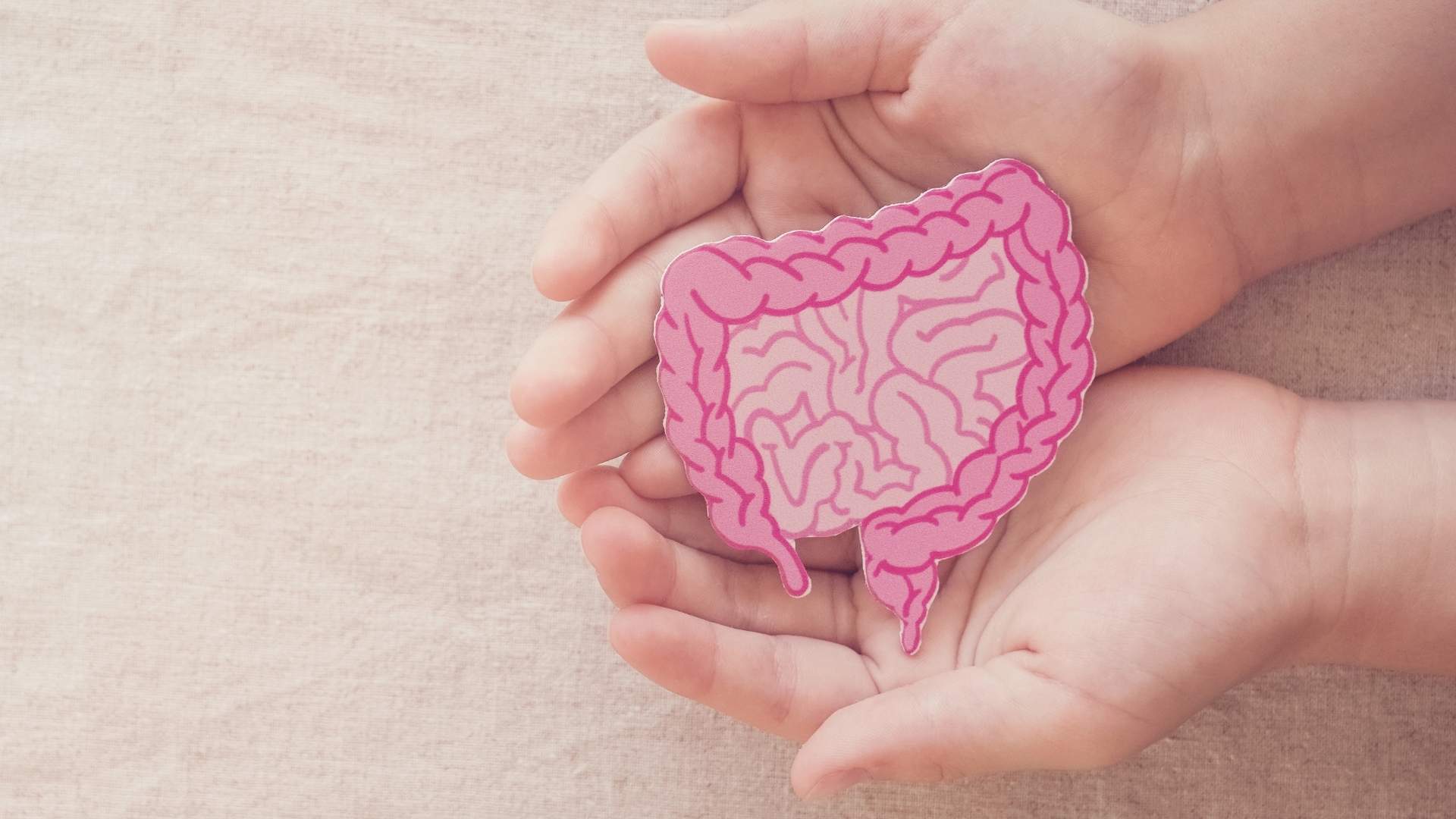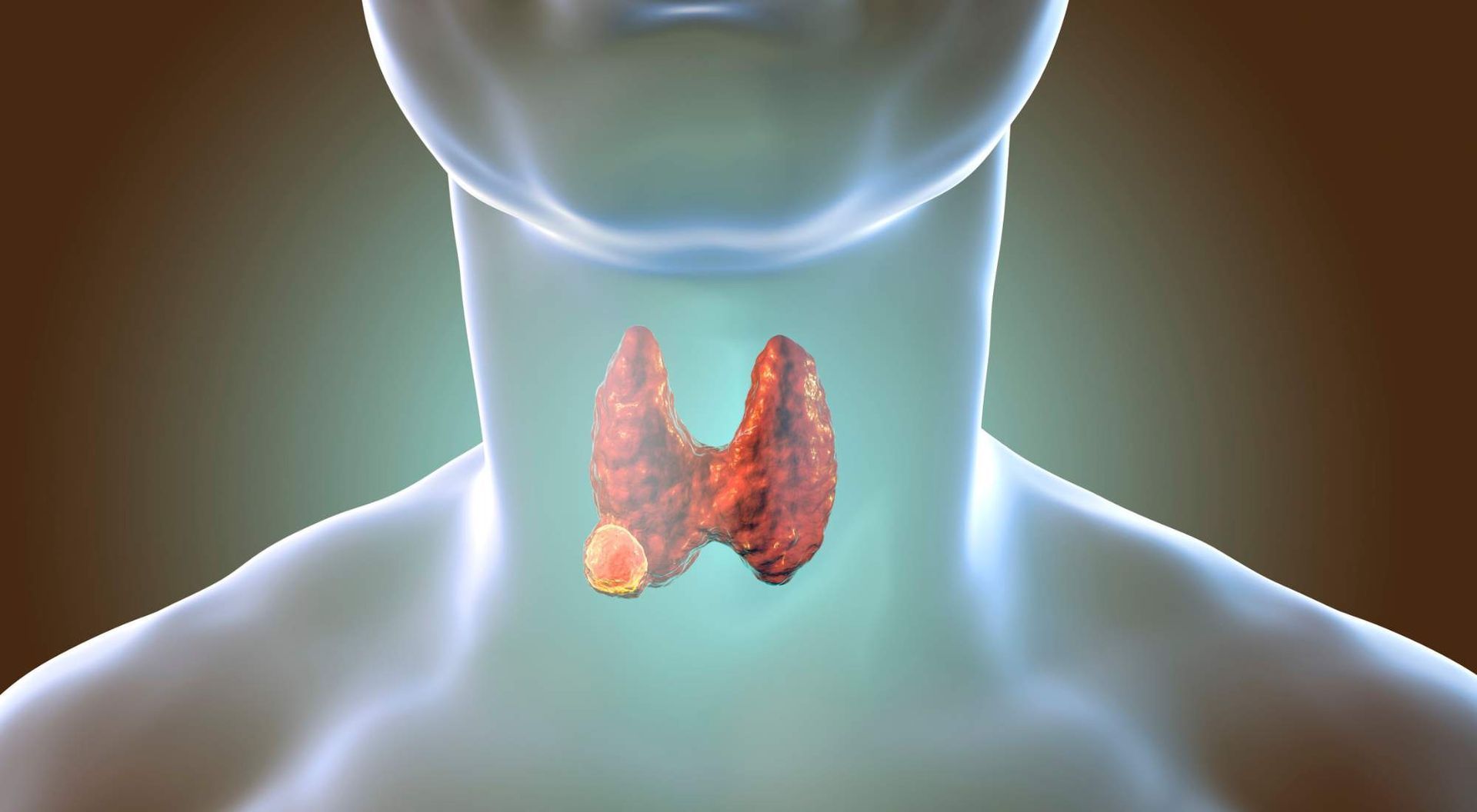How to Improve Gut Health the Natural Way: 9 Tips for Boosting Your Digestive Health
"The content below is not intended to be a substitute for professional medical advice, diagnosis, or treatment. Always seek the advice of your physician or other qualified health provider with any questions you may have regarding a medical condition."
You’ve dealt with it for too long — nausea, gas, debilitating stomach pain, and far too many trips to the bathroom.
You’re ready to improve your gut health as naturally as possible.
But where do you start? Is it possible to improve your gut health, or is it too late?
Gut health is a trend that you’re hearing more and more about because it’s vital to your overall health and wellness. We have the top tips on improving your gut health and getting back to living life — without those unnecessary trips to the bathroom.
Keep reading to learn more.
Table of Contents
What Is Gut Health & Why Does It Matter?
Gut health refers to the balance — or lack of balance — of bacteria in your gastrointestinal (GI) tract and how well it functions. Organs in your GI tract, like your …
- Esophagus
- Stomach
- Pancreas; and
- Intestines
… should all work together to digest food without any discomfort.
Because ultimately, everything we eat is broken down in the gut, it’s vital that your gut is healthy.
A healthy gut …
- Contains healthy bacteria and fungi; and
- Communicates with the brain through nerves and hormones
… to fight off infectious agents and maintain your overall health.
What Are the Signs of an Unhealthy Gut?
Nearly 70 million people in the United States are dealing with digestive diseases, often linked to an unhealthy gut. But what are the signs?
If you’re worried that an unhealthy gut may be to blame for how you’re feeling, the following signs may be a clue that something is off in your gut:
- Frequent gas, bloating, constipation, diarrhea, or upset stomach
- Chronic fatigue
- Food intolerances
- Sugar cravings
- Unintended weight gain or loss
- Skin conditions
- Frequent headaches and migraines that come with nausea or vomiting
- Thyroid issues
- Frequently changing moods
If you’re concerned you’re dealing with an unhealthy gut, Dr. Sergi, at HealthierU can help. Nutrition Response Testing is a proven, non-invasive way to identify if your gut isn’t functioning properly, and if it’s causing any symptoms you may have.
Contact Dr. Sergi,
at HealthierU, today to learn how Nutrition Response Testing may be just what you need to help get your gut back to working optimally and help you feel your best.
9 Tried & True Ways to Improve Gut Health Naturally
#1: Chew Your Food
It sounds silly, especially when searching for how to improve your gut health, but one of the things most people don’t consider is chewing their food.
Aside from aiding in digestion, properly chewing your food …
- Nourishes the gut lining by increasing the production of saliva. Saliva contains epithelital growth factor, a polypeptide that helps stimulate and repair the lining of your gut.
- Reduces the risk of an overgrowth of harmful bacteria that is typically blamed for bloating, indigestion, and other symptoms of an unhealthy gut.
#2: Eat More Fermented Foods
One of the easiest — if you’re a fan of fermented foods — ways to improve gut health is eating more fermented foods.
Researchers at Stanford University found that a diet rich in fermented foods actually decreases the molecular signs of inflammation, while improving microbial diversity in the gut. Because fermented foods contain live bacteria, they are a great source of probiotics.
Consider eating the following fermented foods to improve gut health:
- Kefir
- Yogurt
- Kimchi
- Cottage cheese
- Kombucha
- Sauerkraut
Not a fan of fermented foods? Consider taking a daily probiotic instead.
#3: Test for Food Sensitivities
If you’re experiencing bloating, constipation, an upset stomach, diarrhea, heartburn, or abdominal pain, you may be dealing with food sensitivities that are affecting your gut health.
Sometimes, your gut doesn’t have the right enzymes to digest the foods you’re eating. Or you may be reacting to the food additives or artificial ingredients in some of the foods you're ingesting.
Whatever the case, if you find yourself dealing with uncomfortable symptoms regularly and are wondering how to improve your gut health, consider testing for food sensitivities or allergies.
Dr. Sergi, at HealthierU, has a simple, non-invasive way to test for food sensitivities known as Nutrition Response Testing (NRT). NRT is tailored specifically to you and your body to assess what is — and isn’t — functioning the way it’s supposed to.
From there, Dr. Sergi can pinpoint the causes of your symptoms, help you determine whether a food sensitivity could be negatively impacting your gut health, and provide you with a plan to promote gut health.
#4: Avoid Taking Antibiotics Unnecessarily
Have you ever had an illness that required antibiotics to cure it? Did you find yourself feeling terrible after taking a few days worth of the medicine? Do diarrhea, nausea, upset stomach sound familiar?
This could be due to the antibiotics inhibiting the growth of the good bacteria in your gut.
Now, this doesn’t mean you shouldn’t see your doctor about that sinus infection you’ve been dealing with for weeks. Instead, make sure you’re talking with your doctor about any alternative treatments for illness before jumping to antibiotics.
And if antibiotics are necessary, be sure to focus on rebuilding and nourishing your gut after your treatment is over by eating a prebiotic and probiotic-rich diet.
#5: Exercise Regularly
Movement does the body good. So many parts of your body — including your gut — benefit from exercise.
According to one study, exercise may potentially alter the composition and functionality of bacteria in the gut. This same study found that the length of your workout, as well as high-intensity aerobic training, had the biggest influence on gut health.
It is recommended that patients concerned with their gut health try to exercise at least 30-minutes a day, three days a week. Even a brisk, 30-minute walk every day can help ward off digestive issues and encourage the gut to produce a healthy microbiome.
#6: Reduce Stress
Stress can be a gut-wrenching experience, quite literally.
Feelings of anger, anxiety, stress, even sadness, can take a toll on your gut.
Keeping your body in an over-active state, like when you’re chronically stressed, can lead to serious gut problems, including:
- Slowed digestion
- Constipation
- Diarrhea
- Indigestion
- Vomiting
- Crohn’s Disease
- Irritable bowel syndrome (IBS)
Stress management may be key to improving your gut health. This might involve:
- Eating a well-balanced diet
- Exercising
- Meditation
- Positive self-talk
- Making time for self-care
- Laughing more
- Seeking professional help —
a psychologist or a trained therapist, for example
#7: Get Enough Sleep
It’s a vicious cycle.
Not getting enough — or quality — sleep can seriously impact your health, including your gut health. And if your gut isn’t healthy, you may find yourself dealing with bigger health problems and more sleep issues.
Aim to get at least
7-8 hours of
quality sleep each night to improve your gut health and overall wellbeing.
#8: Eat Plenty of Fiber
Fiber is a plant-based nutrient that actually feeds the good bacteria in your gut. The more fiber you eat, the more the good bacteria flourishes, and the balance of good bacteria and “bad” bacteria remains.
But that’s not all fiber does for your GI tract.
Fiber is what keeps the lining of your gut intact. It provides the good bacteria in your gut with the nourishment it needs and stimulates mucus production to help fortify the protective barrier of your gut.
According to the
Academy of Nutrition and Dietetics, women should aim to consume 25 grams of fiber a day, while men should aim to consume 30 grams a day.
#9: Cut Back on Alcohol
You’ve been told for years about the effects of alcohol on your liver, but did you know that too much alcohol can negatively impact your gut’s microbiome, too?
Excessive drinking is linked to irritation of your gut, causing it to become inflamed. This is referred to as gastritis and can lead to:
- Ulcers
- Bacterial infections; and
- Chronic discomfort
Research also suggests that drinking too much may be associated with intestinal inflammation, which is another sign of an unhealthy gut. Alcohol can throw off the microbiota balance and how it does its job in the body.
Remember, just like everything else — moderation is key. When looking for how to improve your gut health, keep track of how much alcohol you’re drinking in a week, and consider cutting back.
HealthierU’s Nutrition Response Testing Can Identify and Heal Gut Issues the Natural Way
You don’t have to try to improve your gut health alone.
If you’re constantly dealing with fatigue, stomach pain, general feelings of being unwell, or any of the symptoms mentioned above, an unhealthy gut may be to blame.
And Nutrition Response Testing may be just what’s needed to pinpoint what’s causing your unhealthy gut.
Once NRT has been completed, Dr. Sergi can help you make the necessary nutritional and holistic lifestyle changes to start feeling like yourself again.
Don’t let an unhealthy gut stop you from living your best life any longer.
Contact us today to schedule your complimentary consultation with Dr. Sergi to learn about HealthierU’s services and how beneficial
NRT may be to your gut health.
HealthierU
Natural Nutritionist Brooklyn
126 Avenue U
Brooklyn, NY, 11223
(718) 375-4355
Office Hours
- Monday
- Closed
- Tue, Fri
- -
- Wednesday
- - -
- Thursday
- -
- Sat - Sun
- Closed






